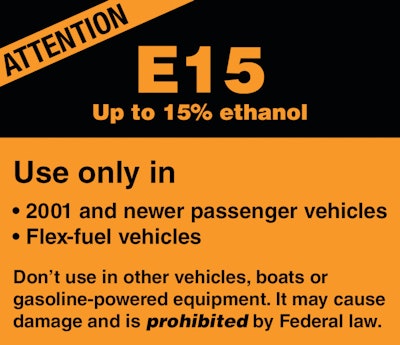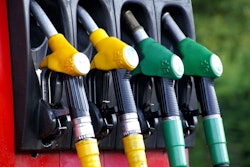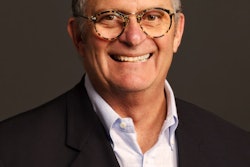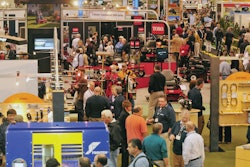
A new online survey conducted by Harris Interactive on behalf of the Outdoor Power Equipment Institute (OPEI)—the international trade association representing 100 small engine, utility vehicle and outdoor power equipment manufacturers and suppliers—finds that U.S. consumers are ill-prepared for the introduction of higher ethanol fuel blends.
EPA has approved the introduction of some mid-level ethanol blends (E15, E30, E85) for use in a small, subset of automobiles in an effort to comply with the federal renewable fuel mandate. The problem is that these higher ethanol fuel blends may be dispensed alongside current fuels, but they are illegal and risky to use in hundreds of millions of small engine products and applications. This includes lawnmowers, garden tractors, chainsaws, boats, snowthrowers, trimmers, UTVs, power washers, blowers, chippers, grinders, generators, jaws of life, concrete saws and other compact construction equipment, as well as small engine applications such as water pumps and irrigation systems.
The study conducted on behalf of OPEI from July 31 through August 2 surveyed 2,040 U.S. adults ages 18 and older about their fuel-buying behavior and fuel awareness at gas stations.
Key Findings of Survey
The vast majority of Americans (71%) are “not at all sure” if it is illegal or legal to put high-level ethanol gas (i.e., anything higher than 10% ethanol) into engines such as those in boats, lawnmowers, chainsaws, snowmobiles, generators and other engine products.
Nearly two-thirds (64%) of Americans say they assume that any gas sold at the gas station is safe for all of their cars, as well as boats, mowers, chainsaws, snowmobiles, generators and other engine products.
For Americans who drive up to the fuel pump, price is overwhelmingly the number one thing they notice (91%). Whether the pump accepts credit cards (64%) and the octane rating (55%) come in second and third place. Only a quarter (25%) of these Americans notices the ethanol content.
71% of Americans say they use the least expensive grade of gasoline whenever possible.
“Obviously, the ethanol survey responses are troubling to the outdoor power equipment industry since our products are designed and warranted to run only on 10% or less ethanol blended fuel," said Kris Kiser, president and CEO of OPEI. "The data shows us that consumers are unprepared for the rollout of higher ethanol blended fuels at today’s gas stations and the potential for misfueling is high. Many consumers are determined to buy the least expensive gasoline, while they still assume that the same fuel can go in their car as well as their mower, chainsaw or generator. This points to a huge awareness gap and dire need for education.”
Consumer outreach campaign on the horizon. To protect current owners and future purchasers of small engines, UTVs and outdoor power equipment, OPEI will be launching an ethanol education and consumer protection campaign at the 2013 GIE+EXPO to educate consumers about the variety of fuels available at the pump, and how to identify the right fuel for their outdoor power equipment.

![Doosan Bobcat Wacker Neuson Stack 2ec Js Pb V6e[1]](https://img.greenindustrypros.com/mindful/acbm/workspaces/default/uploads/2025/12/doosan-bobcat-wacker-neuson-stack2ecjspbv6e1.CPyyz8ubHn.png?auto=format%2Ccompress&bg=fff&fill-color=fff&fit=fill&h=100&q=70&w=100)








![Doosan Bobcat Wacker Neuson Stack 2ec Js Pb V6e[1]](https://img.greenindustrypros.com/mindful/acbm/workspaces/default/uploads/2025/12/doosan-bobcat-wacker-neuson-stack2ecjspbv6e1.CPyyz8ubHn.png?ar=16%3A9&auto=format%2Ccompress&bg=fff&fill-color=fff&fit=fill&h=135&q=70&w=240)








